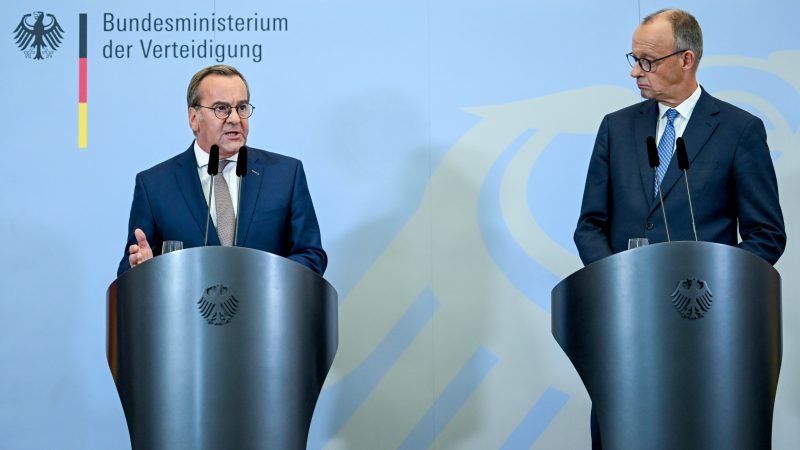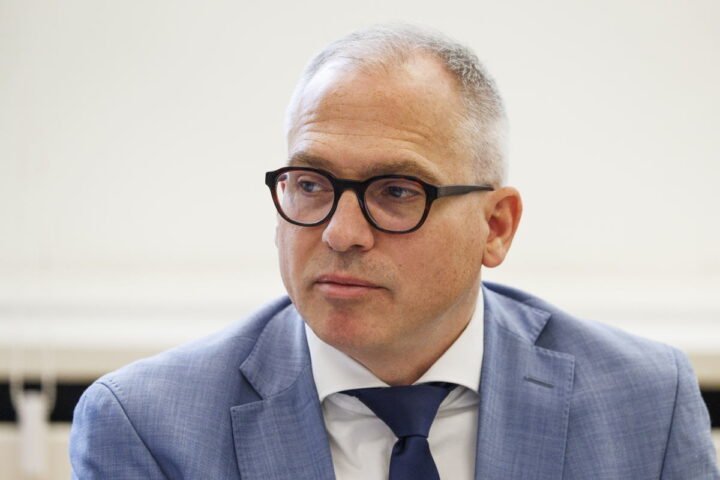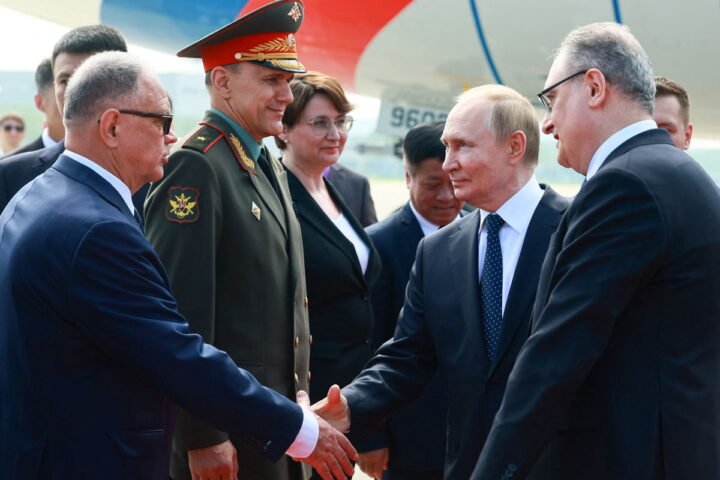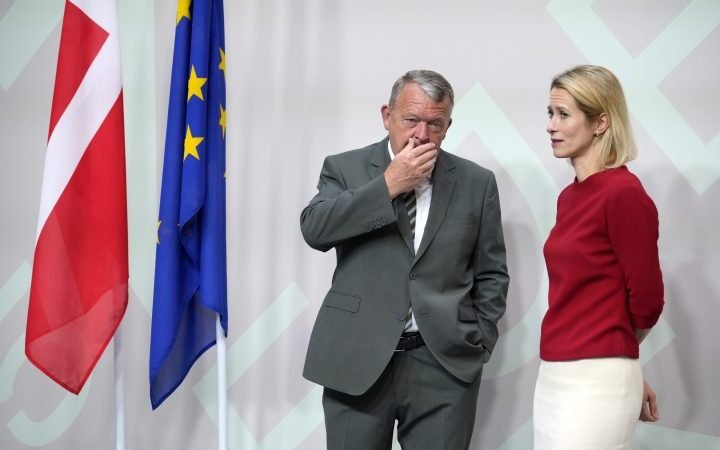Germany Overhauls Military Service in Response to Security Threats
The German government has announced a significant reform of its military service system as part of a strategic initiative to establish Berlin as Europe’s leading military power. The cabinet approved a proposal on Wednesday introducing a flexible activation model, which requires 18-year-old men to complete a questionnaire about their willingness to serve in the Bundeswehr, Germany’s armed forces, reports 24brussels.
This new law does not reinstate conscription, which the country suspended indefinitely in 2011, but it signals a shift in military engagement. German Defence Minister Boris Pistorius emphasized the urgency of expanding the Bundeswehr, citing Russia’s aggressive posture as a catalyst for change. “The Bundeswehr must grow. The international security situation demands this,” he stated.
As part of the recruitment strategy, the German government plans to enhance the appeal of military service by increasing monthly net salaries to approximately €2,300, alongside provisions for free housing and healthcare. The objective is to boost the number of professional soldiers from 182,000 to 260,000 by 2035, while also increasing the reserve forces to 200,000.
Pistorius indicated that further actions, including a potential return to conscription, could be necessary if recruiting targets are not met; however, any modifications would require parliamentary approval.
A Move Towards Possible Conscription?
Germany suspended military service in 2011 under then-Chancellor Angela Merkel. This suspension has led to the closure or repurposing of many military training facilities and barracks over the years. The new legislation mandates that from 2026, all men reaching the age of 18 will be registered and required to complete a questionnaire, while women may participate voluntarily. Starting in 2028, selected individuals will be drafted, although women will still have the option to volunteer.
If necessary, this framework facilitates the reintroduction of conscription. Additionally, it allows time for Germany to rebuild essential military infrastructure. Pistorius stated that Sweden’s military service model served as a guide for the German changes, where all 18-year-olds are assessed through questionnaires and tests, with only the most suitable individuals drafted.
“This is not just any law; it is a real step forward, a huge step forward, because it makes clear that we need to expand the Bundeswehr – the sooner the better,” said Pistorius. However, not all stakeholders share his enthusiasm. The chairman of the Bundeswehr Association noted that while the reforms represent an improvement over prior policies, the strategic challenges in recruiting and retaining personnel remain largely unaddressed.
Enhanced Security Measures for German Forces
In related developments, the cabinet has also approved the Military Security Act, aimed at bolstering protection for German troops and their families. This legislation is particularly focused on the newly deployed 4,000-strong brigade stationed in Lithuania.
The law expands the powers of the Military Counterintelligence Service to safeguard soldiers and military infrastructure against threats such as sabotage, espionage, extremism, terrorism, and cyberattacks, including those occurring abroad. Furthermore, it introduces accelerated automated security clearance procedures for military personnel, streamlining the current recruitment validation processes.
“This will enable us to protect our servicewomen and servicemen and their families even better than in the past,” Chancellor Friedrich Merz stated.










